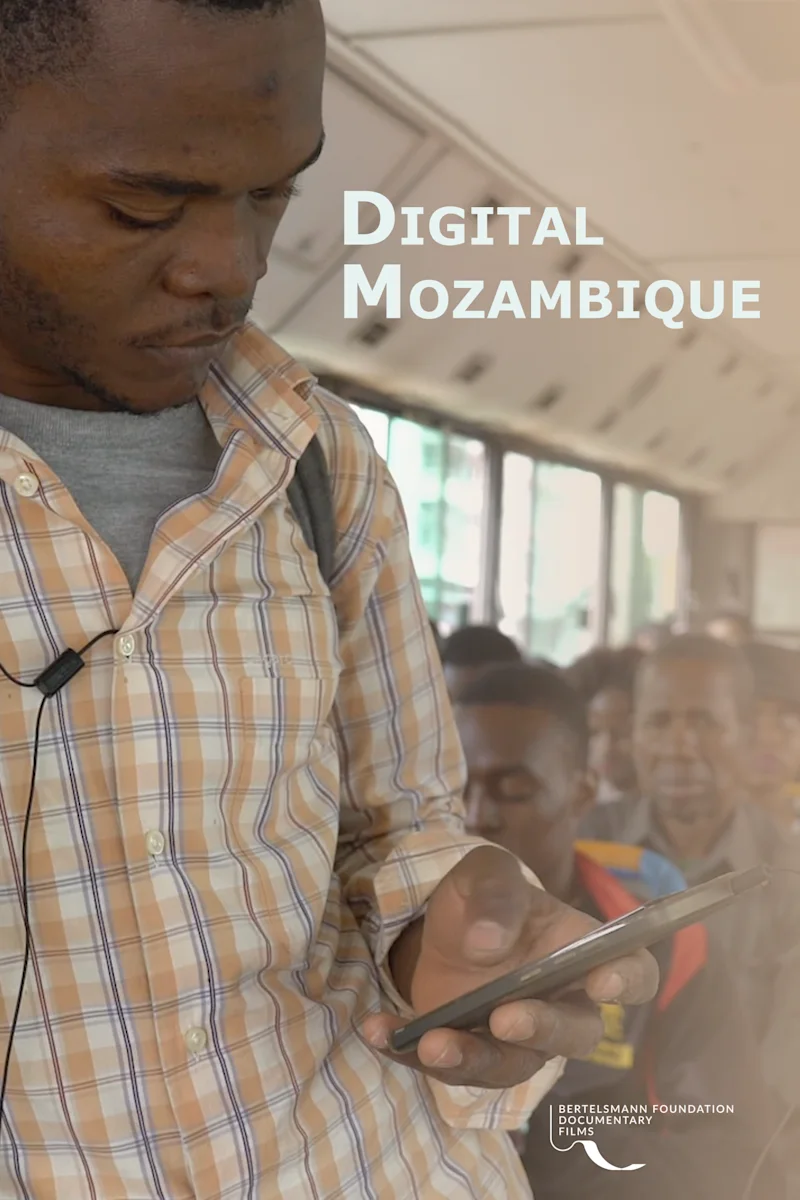White Gold
Lithium, Power, and the Andes
In Bolivia and Chile, at the lithium-rich heart of Latin America, a global mining boom is accelerating as demand for electric vehicle batteries fuels a scramble for critical minerals—raising urgent questions about power, profit, Indigenous lands, and the true cost of clean energy.
Digital Mozambique
On Africa's southeast cost, Mozambique is a country that has experienced it all: From colonialism to civil war, from extreme poverty to the HIV crisis. And like the rest of the world, it is now grappling with the digital revolution. In a country crushed by the difficulties of the 20th century, can digital technology help bring in a new day in the 21st? This documentary by Samuel George investigates the impact of digital technology in Mozambique. The film explores how access to flip phones has had a dramatic impact on part of Africa: The majority of people in Mozambique do not have access to traditional banks - making saving, borrowing, and lending complicated and risky. But with mobile money, the flip phone becomes a bank, and people can send, receive and save money on mobile accounts.
About the Film
The film focuses on how new technologies are helping solve old problems. For example, in a country of 27 million people, there are only 700,000 formal jobs, meaning many people work in informal markets with limited opportunity to expand their clientele. New apps are changing that. Biscate, to take one, is like Uber but for a vast variety of tasks. The film follows along as a carpenter uses the app to expand his business, and make progress towards his own life goals. Overall, the documentary offers a portrait of a young generation in Mozambique doing whatever possible not just to access digital tools, but also to learn how to use them best, and to better their society. As one young entrepreneur says in the film, “We don't have a lot of resources. But we have brains. And we can do. Yeah. We can do it too.”

